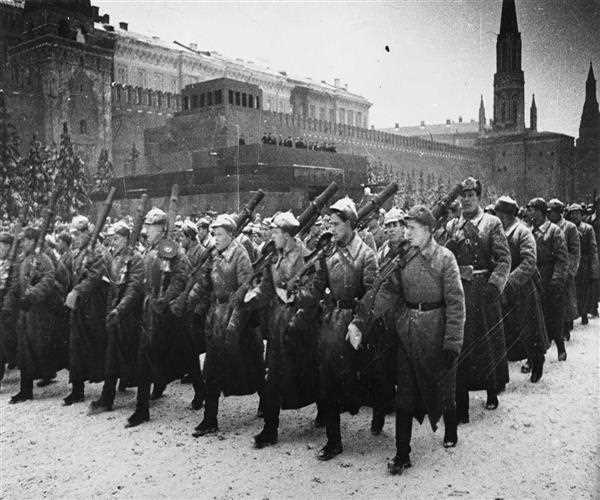At 4:45 a.m. on September 1, 1939, the pre-first light skies lit up finished the Baltic Sea as the German war vessel Schleswig-Holstein opened fire on a Polish post on the Westerplatte Peninsula as strike troops covered up on board the vessel raged the shoreline. The revered ship that had seen action in World War I let go of the primary salvos of what might be a second worldwide fire. They traveled via arriving, via air and via ocean in a mission to recover an area lost by Germany in the Treaty of Versailles and colonize its neighbor.
The Nazis overpowered the obsolete Polish protections with their raid, or "lightning war," strategies. German tanks steamrolled into the nation.

The Luftwaffe decimated landing strips, besieged traveler prepares and cut down regular folks unpredictably with automatic weapon discharge. Combustible bombs burnt Katowice, Krakow and the capital city of Warsaw. Via ocean, German warships and U-water crafts assaulted the Polish naval force. The 1 million-man Polish military was undermanned and underequipped. So old-fashioned were some armed force units that rangers ponies jogged to the bleeding edges to go up against the adversary's relentless defensively covered tanks.
German chancellor Adolf Hitler had shaken his saber at Poland for quite a long time. As he had done preceding the control of different nations, Hitler guaranteed that ethnic Germans were being oppressed inside Poland. Tending to the country hours after the shooting of the main shots, Hitler said he acted entirely in reasonable self-protection because of Polish assaults on German soil the prior night.
Those assaults were not propelled by Poland, be that as it may, but rather were precisely arranged tasks organize oversaw by the Nazi promulgation machine as a guise for an intrusion. In the border town of Gleiwitz, S.S. agents wore Polish military garbs and seized one of Germany's own radio stations and communicate a hostile to Nazi message in Polish. Detainees from the Dachau inhumane imprisonment were wearing Polish garbs, conveyed to the radio station and shot to influence it to show up as though they were setbacks of the firefight.
"The Polish State has denied the quiet settlement of relations which I wanted and has spoken to arms," Hitler composed of the fraud assaults in his announcement to the armed force. "So as to put a conclusion to this lunacy, I have no other decision than to meet power with compel starting now and into the foreseeable future."
All things considered, Great Britain and France had ensured to battle with all due respect, however numerous Nazi pioneers, including remote priest Joachim von Ribbentrop, trusted history would rehash itself and the nations would down. At the point when Hitler remilitarized the Rhineland in 1936 disregarding the Treaty of Versailles, Britain, and France did not react militarily. When he added Austria two years after the fact, the Western forces had no answer. When he attached Czechoslovakia in 1939 infringing upon the Munich Pact, which had effectively conceded him the Sudetenland, Britain France still did not react with compelling.
On September 3 Britain and France proclaimed war on Germany. Under 20 years after "the war to end all wars," the weapons indeed thundered over an Europe that still bore profound scars from World War I. Regardless of the affirmations of war, little was done to stop the fast German propel that had achieved the edges of Warsaw by September 8. England was not set up to dispatch a vast military activity, and French endeavors were pitiful along its eastern fringe with Germany.
Once the Soviet Union attacked Poland from the east on September 17, the nation was crushed in a bad habit grasp that would keep going for a long time until the fall of socialism. Before the finish of September, the Polish government and military pioneers had fled the nation, and the Nazis and Soviets had divided the nation. Multi-month in the wake of reporting the "counterattack" to the German individuals, Hitler pronounced triumph on September 30, 1939.